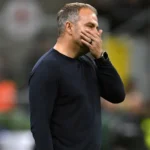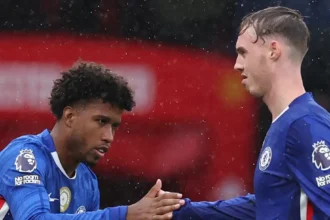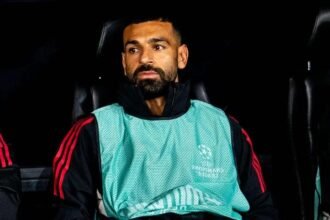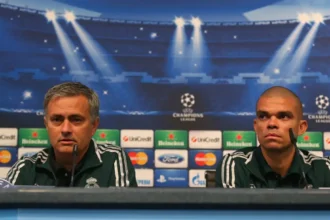Lionel Messi’s decision to skip the 2025 MLS All-Star Game has reignited an uncomfortable conversation around the league’s dependency on its biggest star. While some argue he’s earned the right to rest, others believe his absence undermines the very event built to showcase stars like him.
There were murmurs, hints, even veiled warnings—but now it’s official. Lionel Messi, the face of MLS and its crown jewel marketing asset, has skipped the 2025 MLS All-Star Game in Austin, leaving fans, league officials, and media scrambling for answers—and perhaps justice.
The Argentine’s absence was foreshadowed by his recent silence, missed training sessions, and a public plea from Argentina U23 boss Javier Mascherano for Messi and Jordi Alba to rest. Still, the optics are damning. Voted in by fans and widely promoted as the main draw, Messi not showing up feels like a snub—intentional or not.
And make no mistake, the impact on MLS is substantial.
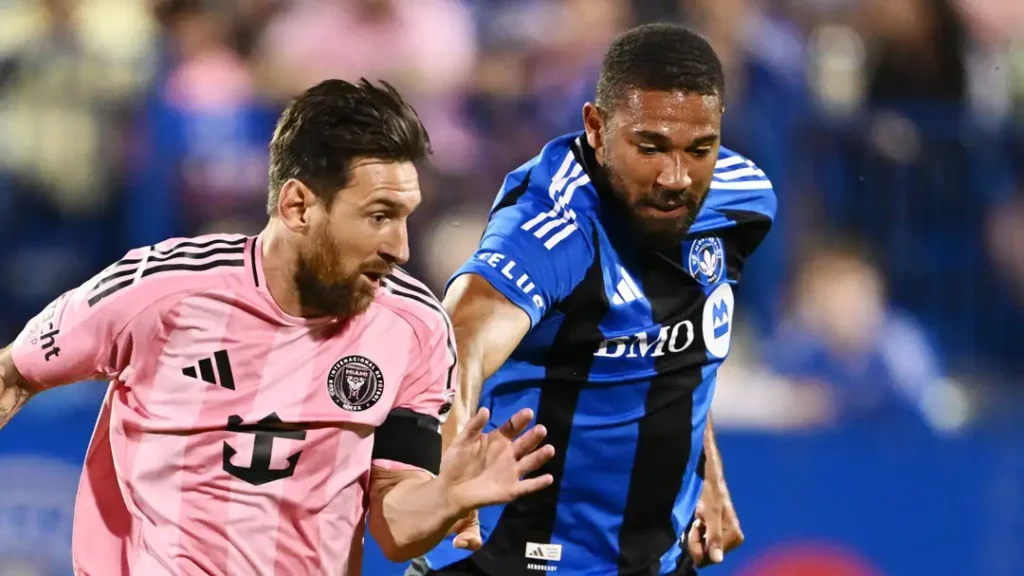
For starters, Messi’s no-show drains energy from what’s supposed to be a marquee event. This isn’t just about a single player missing an exhibition match; it’s about the league’s identity. Stars like David Beckham, Thierry Henry, and Kaka embraced the All-Star spectacle. Messi has opted out—and fans who paid top dollar for a glimpse of greatness are left holding souvenir shirts, not memories.
MLS has marketed itself around Messi with unprecedented intensity—Apple TV subscriptions, global partnerships, club valuations, everything has been inflated by his name. Yet when it comes to fulfilling even the most basic responsibilities of that status, like turning up for the All-Star Game, the league is met with silence.
Should he be suspended?
According to league rules, yes. Zlatan Ibrahimovic was suspended in 2018 for doing the exact same thing. Unless Inter Miami can produce a legitimate medical exemption, Messi—and Jordi Alba—should face at least a one-match ban. Anything less would confirm what critics already suspect: that MLS is afraid of enforcing its own policies when its marquee names are involved.
But would a suspension even matter? Inter Miami may welcome the forced rest as they prepare for the playoff push. That’s the problem—the punishment doesn’t fit the damage done. It’s the league, not the club, that suffers most here.
Has Messi done enough for MLS?
From a footballing standpoint, absolutely. His performances have been electric, and Inter Miami has become a global brand overnight. But as the symbolic “face of the league”? He’s fallen short. Messi rarely engages with the media, doesn’t participate in promotion, and, outside of matchdays, is largely invisible.
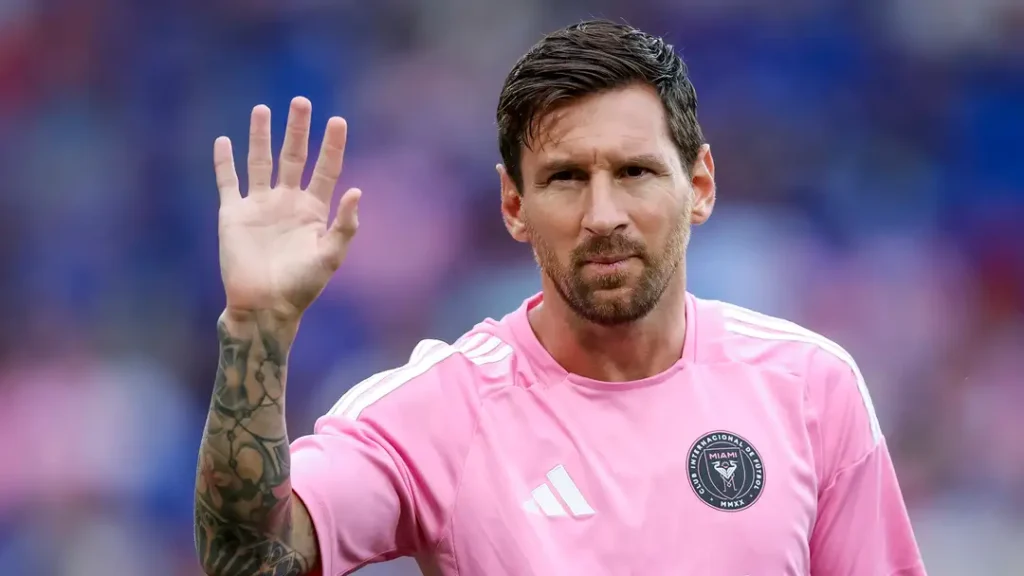
It’s a stark contrast to past international stars who went out of their way to elevate the MLS platform. The league needs more than just highlight reels—it needs presence, leadership, and ambassadors who understand the league’s broader mission.
Where does this leave MLS?
Messi’s absence won’t derail the league, but it does highlight a critical vulnerability: MLS has staked too much on one man who doesn’t see himself as its ambassador. This isn’t necessarily a Messi problem—it’s a league-wide reality check. The All-Star Game was never going to define his legacy, but skipping it entirely shows how skewed the power dynamic really is.
Don Garber and the league office are now at a crossroads. Do they enforce the rules and risk souring relations with their biggest attraction? Or do they let it slide and accept the precedent that some stars play by different rules?
Either way, the Messi era in MLS is proving to be as complicated as it is transformative.


